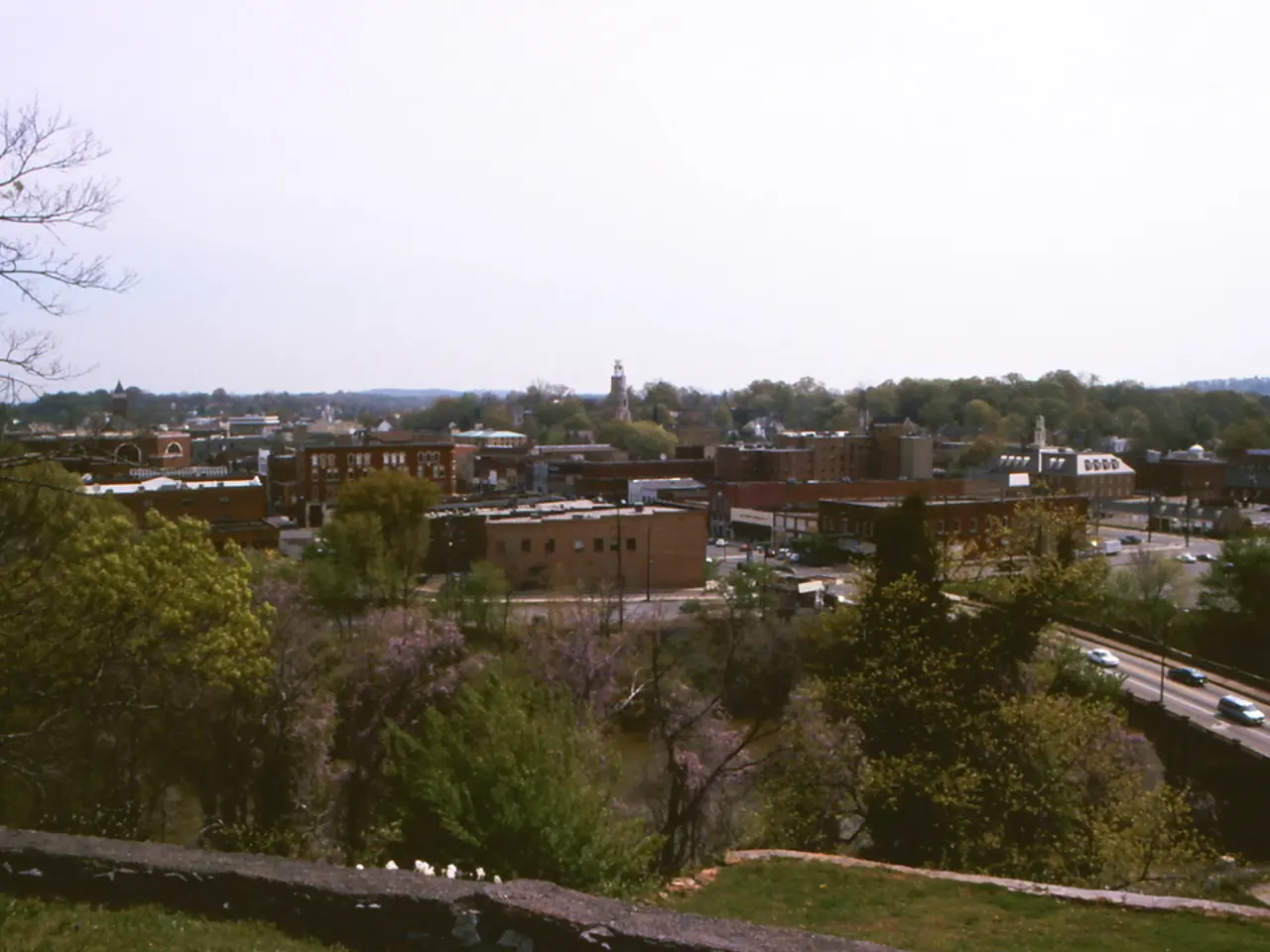Toronto's need for shelters outweighs NIMBYs' demand for consultation
Toronto's Homeless Shelter Construction: A Controversial Step Towards Addressing the Housing Crisis
Toronto's plan to build new homeless shelters is progressing amidst controversy, as the city grapples with a significant rise in homelessness. The city aims to construct 20 permanent shelters by 2033, with six already approved for construction, each providing approximately 80 beds.
The surge in homelessness is stark, with the number of homeless individuals more than doubling between 2021 and 2024 to around 15,000 people. The current shelter system is at full capacity, forcing many to resort to living in ravines and parks. This led to the city declaring a homelessness emergency in 2023.
Opposition to the new shelters primarily comes from suburban residents and some local councillors who argue that the city did not adequately consult community members or local elected officials about shelter locations. Since a 2017 policy change, city staff can propose shelter sites without councillor or resident consultation, a process that some councillors want reversed for greater transparency and local input.
Councillor Parthi Kandavel, for instance, expressed concern about a shelter in a residential ward with many young families, highlighting community worries about shelter placement.
However, city leadership and advocates argue that swift, decisive action is necessary to combat the homelessness crisis, sometimes limiting local involvement to expedite shelter opening. Davenport Councillor Alejandra Bravo emphasized the need to prioritize housing people over objections, urging collaboration to address concerns.
The Toronto Underhoused and Homeless Union strongly supports the shelters, emphasizing the urgent need and warning that opposition often reflects privileged voices delaying essential progress while those needing shelter remain overlooked.
Organizations like the Toronto Alliance to End Homelessness call for a broader strategy, advocating for repurposing underutilized city lands for transitional, supportive, and deeply affordable housing to tackle homelessness comprehensively.
The debate centres on balancing urgent humanitarian needs to expand shelter capacity and homeless services with local community concerns about shelter siting and the lack of consultation in the city's current decision-making process. Supporters emphasize the crisis urgency and lack of shelter beds, while opponents demand more transparency and involvement in land use decisions.
Meanwhile, the construction of the shelters is also being compared to the Eglinton Crosstown project due to its repeated delays. Opposition to the plan has been labelled as NIMBYism (Not In My Back Yard).
In a separate development, Ontario's education minister, Paul Calandra, has obliged the Toronto District School Board to cut its outdoor and environmental programs. Research shows that teacher-led, hands-on education outdoors is fundamental to meaningful education. The minister's decision has sparked controversy, with many education experts questioning its impact on students' learning experiences.
In conclusion, Toronto's homeless shelter construction is a contentious issue, reflecting the complexities of addressing urban issues while balancing community concerns. The construction of the shelters is one step towards addressing the housing crisis, but the debate highlights the need for a comprehensive, community-driven approach to tackle homelessness effectively.
[1] Toronto Star, "Toronto's homelessness emergency: A look at the numbers," 2023. [2] CBC News, "Toronto's homelessness crisis: City council approves six new shelters despite opposition," 2023. [3] Toronto Underhoused and Homeless Union, "Statement on City Council's Approval of Six New Shelters," 2023. [4] Toronto Alliance to End Homelessness, "Repurposing City Land for Housing: A Strategy to End Homelessness," 2023.
- The media coverage of Toronto's homeless shelter construction, a crucial step in addressing the housing crisis, is abuzz with the controversy surrounding the issue.
- Some city council members have expressed their opinions on the matter, urging for more consultation with the community before deciding on shelter locations.
- On the other hand, Toronto's educational landscape is facing its own controversy, stemming from the Ontario education minister's decision to cut funding for outdoor and environmental programs in schools.
- Advocates and education experts are concerned about the impact of this decision, highlighting the importance of hands-on, teacher-led outdoor education for meaningful learning experiences.
- In the realm of politics, underlying this controversy is the balance between urgently expanding shelter capacity to address the growing homelessness crisis and addressing local community concerns about shelter siting.
- The science community has long emphasized the importance of mental health and wellness, indicating that homelessness significantly contributes to mental health issues and overall health-and-wellness decline.
- As the city pushes forward with its plans for new shelters, some compared it to the Eglinton Crosstown project, both facing criticisms of NIMBYism (Not In My Back Yard).
- In the general news, advocacy groups like the Toronto Alliance to End Homelessness call for a broader, more comprehensive approach, advocating for the repurposing of underutilized city lands for transitional, supportive, and deeply affordable housing.




